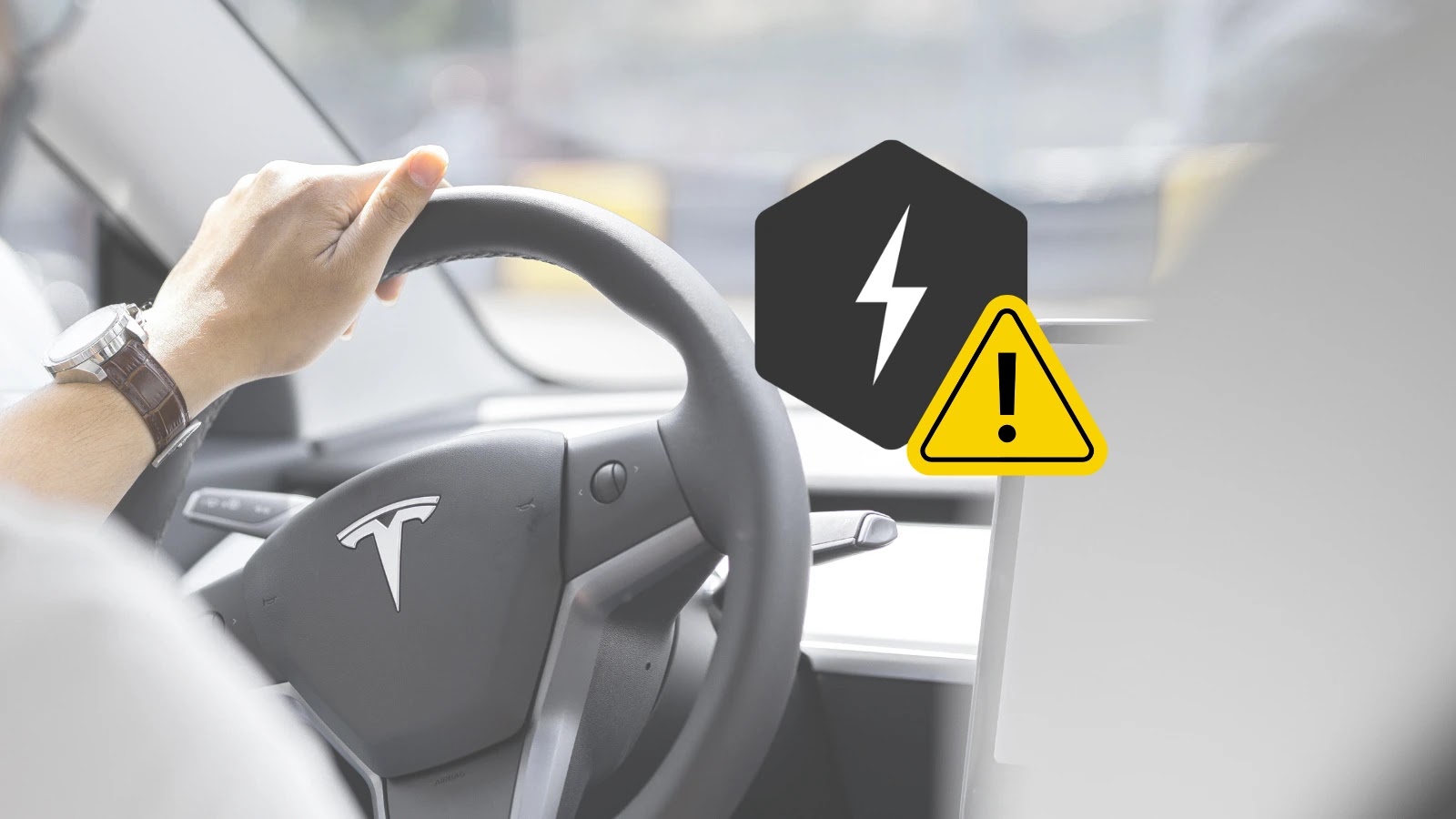
Hundreds of TeslaMate Installations Leaking Sensitive Vehicle Data in Real Time
Hundreds of TeslaMate Installations Exposing Sensitive Vehicle Data
In a significant cybersecurity discovery, a researcher has unveiled a critical vulnerability affecting hundreds of TeslaMate installations. Numerous instances of this popular open-source Tesla data logging tool are reportedly exposing highly sensitive vehicle information without any authentication, making GPS coordinates, intricate charging patterns, and personal driving habits accessible to anyone with an internet connection. This disclosure, highlighted by Cybersecurity News, underscores a pressing concern for Tesla owners utilizing this platform.
The core issue stems from specific misconfigurations of TeslaMate deployments. Designed to connect with Tesla’s official API, TeslaMate allows owners to meticulously log and visualize their vehicle’s data. However, improper setup has inadvertently transformed these installations into open doors, broadcasting what should be private data to the public domain.
Understanding the TeslaMate Vulnerability
TeslaMate is a valuable tool for Tesla enthusiasts, offering detailed insights into vehicle performance, battery health, and driving efficiency. It operates by pulling data directly from Tesla’s API. The vulnerability isn’t inherent to the TeslaMate software itself but rather to how it’s deployed and configured. When users fail to implement proper network security measures, such as firewalls or strong authentication, their TeslaMate instances can become publicly accessible. This oversight creates a direct conduit for unauthorized individuals to harvest real-time, granular data about connected Tesla vehicles.
Data exposed includes, but is not limited to:
- Real-time GPS coordinates: Revealing exact locations, travel routes, and frequently visited places.
- Charging patterns: Exposing home and workplace charging locations, and daily routines.
- Driving habits: Insights into speed, acceleration, braking, and overall driving behavior.
The implications of such data exposure are severe, ranging from privacy invasions to potential physical security risks, as it can enable bad actors to infer domicile, work locations, and predictable daily movements.
Who is at Risk?
Any Tesla owner utilizing a self-hosted TeslaMate instance without adequate security configurations is potentially at risk. This primarily includes individuals who have deployed TeslaMate on home servers, cloud instances, or network-attached storage (NAS) devices without properly securing external access or implementing robust authentication mechanisms. The sheer number of exposed instances suggests a widespread lack of awareness regarding secure deployment practices within the user community.
Remediation Actions for TeslaMate Users
Immediate action is crucial for anyone running a TeslaMate installation. Implementing the following security measures can help mitigate the risk of data exposure:
- Implement Authentication: Configure strong authentication for access to your TeslaMate instance. Utilize features like username/password protection, multi-factor authentication (MFA), or integrate with an identity provider.
- Restrict Network Access: Limit access to your TeslaMate instance to only trusted IP addresses or networks. Configure firewall rules to block unauthorized external connections.
- Use a VPN: Access your TeslaMate instance remotely only via a Virtual Private Network (VPN), ensuring all traffic is encrypted and authenticated.
- Update TeslaMate Regularly: Ensure your TeslaMate installation and its underlying components (e.g., Docker, database) are always updated to the latest stable versions. While this specific vulnerability stems from misconfiguration, up-to-date software is a foundational security practice.
- Review Public Exposure: Use tools like Shodan or ZoomEye to check if your TeslaMate instance is inadvertently exposed to the public internet. If it is, immediately implement the above measures.
Tools for Detection and Mitigation
While the primary remediation involves proper configuration, certain tools can assist in detecting exposure or securing your environment:
| Tool Name | Purpose | Link |
|---|---|---|
| Shodan | Internet-connected device search engine; can identify exposed TeslaMate instances. | https://www.shodan.io |
| ZoomEye | Cybersecurity search engine similar to Shodan, for discovering exposed assets. | https://www.zoomeye.org |
| OpenVPN / WireGuard | VPN solutions for securing remote access to your TeslaMate instance. | https://openvpn.net / https://www.wireguard.com |
| Nmap | Network scanner; can be used to audit open ports on your TeslaMate host. | https://nmap.org |
Looking Ahead: Secure Deployment Practices
This incident serves as a stark reminder of the critical importance of secure deployment practices, even for open-source tools. While the allure of collecting personal data and gaining insights is strong, the responsibility of securing that data lies squarely with the user. Developers and open-source communities also play a vital role in providing clear, accessible, and prominent security guidance for their projects. As our digital lives become increasingly intertwined with personal data logging, robust security configurations are no longer optional but a fundamental necessity.





